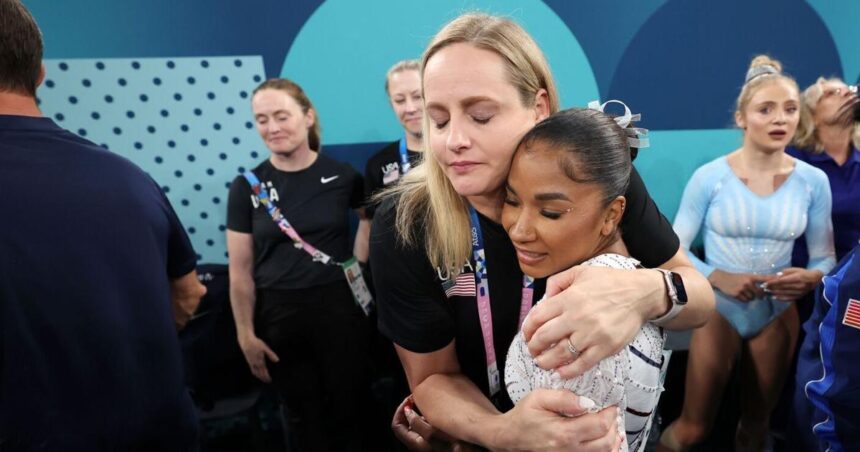There was a significant increase in viewership for the Olympic games this year, with an 82 percent rise compared to the Tokyo Olympics. This surge is unexpected considering the decline in network television ratings. This raises the question of what attracted so many viewers to the Olympics.
It cannot simply be the sports themselves that drew people in. Between Olympic competitions, few pay attention to sports like gymnastics, track and field, or swimming. The appeal lies in the Olympics as an event, the moments of prominence, and the dedication of athletes who spend four years preparing for a competition that can last mere seconds.
For those who are not elite athletes, it is hard to grasp the level of focus and effort required to reach the top in sports. Watching athletes in the games gives some insight into this dedication. While we may not relate to every sport, we can all empathize with the experience of winning and losing, making the athletes’ reactions incredibly intriguing.
People are also reading…
The Olympics showcased both poor sportsmanship, like a top-ranked tennis player from Poland refusing to acknowledge their defeat, and moments of grace, like gymnasts bowing to each other during a medal ceremony. Unexpected outcomes, such as a sprinter’s victory by a small margin, added excitement to the games.
One of the most memorable moments was a surprising finish in the men’s 1,500-meter race, where an American athlete passed the favorites in the final stretch. It revealed that pre-race bravado does not always predict the outcome, blurring the line between confidence and arrogance.
Athletes like the Scottish runner who reflected on their performance after a loss demonstrated the importance of focusing on personal growth and effort rather than just the outcome. Gracious winners and losers understand this distinction and the emotional intensity required to compete at the highest level.
In life, as in sports, success and failure are often determined by moments of action. It takes time and effort to prepare for success, but how we react in those critical moments defines our journey. The Olympics serve as a reminder that the contest is ongoing, and our focus and dedication matter.





